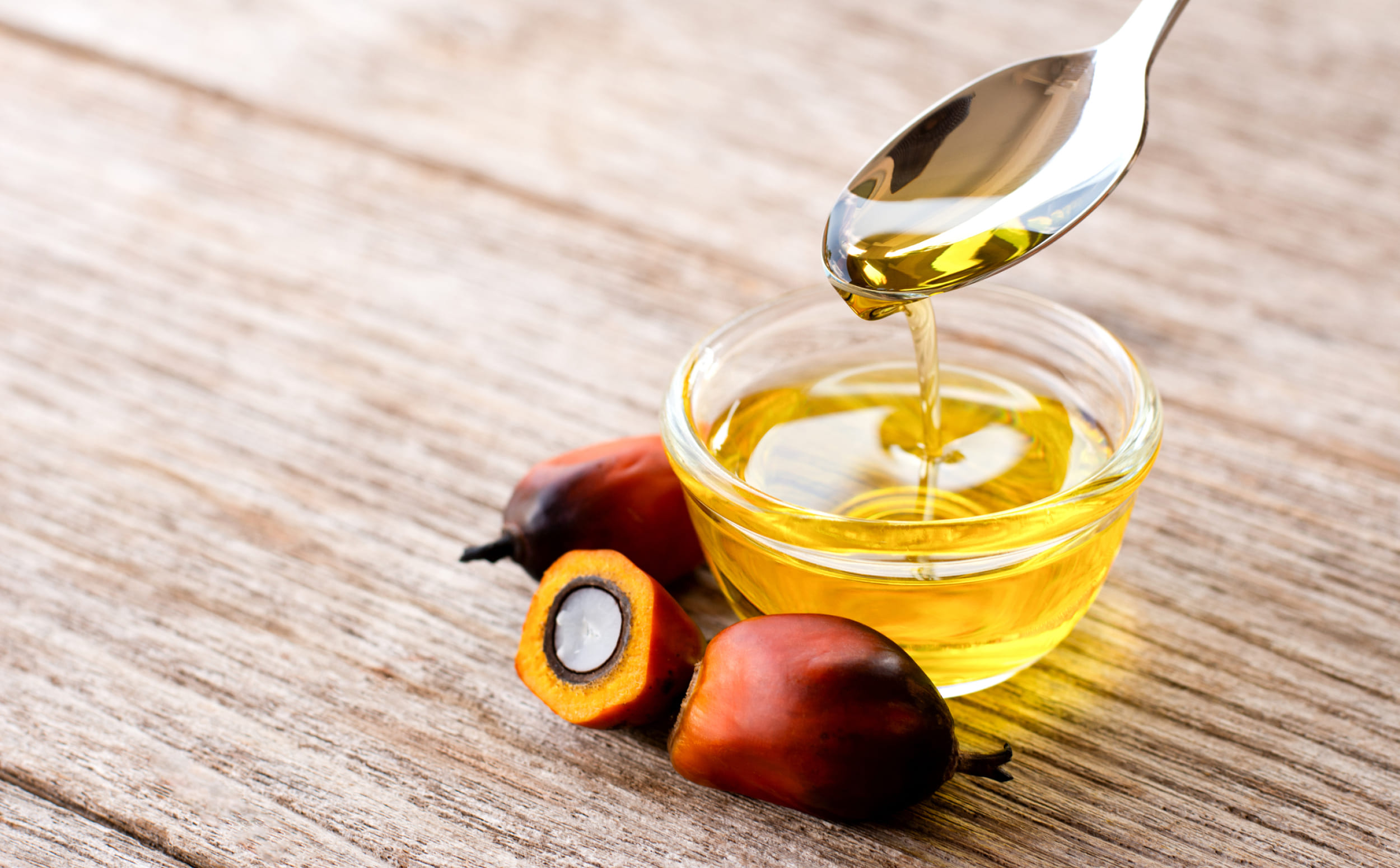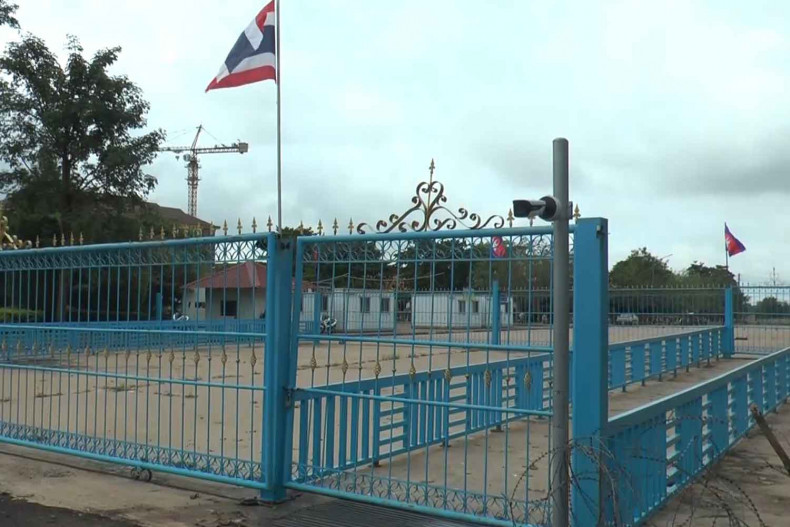Introduction to the Palm Oil Crisis
The End of Cheap Palm Oil
Palm oil, a staple in global markets, is no longer the affordable commodity it once was. A combination of stagnating production and increased demand for biodiesel in Indonesia has driven up prices. This shift is eliminating the competitive edge that palm oil historically held over rival vegetable oils.
Indonesia’s Biodiesel Push
Policy Changes Driving Demand
Indonesia, the world’s largest palm oil producer, has ramped up its biodiesel mandate. The required mix of palm oil in biodiesel was increased to 40% in 2025, with plans to raise it to 50% by 2026. This policy aims to reduce fuel imports but significantly redirects palm oil away from exports.
Impact on Global Supply
The biodiesel initiative is projected to cut Indonesia’s palm oil exports by one-third by 2030, dropping from 29.5 million metric tons in 2024 to just 20 million metric tons. This reduction in supply is already pushing prices higher globally.
Price Trends and Market Shifts
Rising Costs for Consumers
Palm oil prices have surged dramatically. Indian buyers, for example, are now paying $1,185 per ton for crude palm oil, a sharp increase from under $500 in 2019. This price escalation has made palm oil more expensive than soyoil, reversing historical trends.
Global Inflation Concerns
The rising cost of vegetable oils, including palm oil, is complicating inflation management efforts worldwide. Countries heavily reliant on imported oils are facing increased economic pressures.
Production Challenges in Key Regions
Stagnation in Southeast Asia
Indonesia and Malaysia, which together dominate global palm oil production, are experiencing stagnation. Malaysia’s output has been flat for over a decade due to limited land availability and replanting efforts.
Environmental Constraints
Environmental concerns over deforestation and sustainability are further limiting the expansion of palm oil plantations. These issues are particularly acute in Malaysia and Indonesia.
Thailand’s Role in the Palm Oil Market
Domestic Production Trends
Thailand is another key player in the palm oil market. However, its production is expected to contract slightly between 2024 and 2026 due to El Niño effects and aging plantations.
Rising Domestic Demand
Despite declining output, Thailand’s domestic demand for palm oil continues to grow. This is driven by the food processing industry, tourism recovery, and increased biodiesel use.
Future Outlook for Palm Oil Prices
Sustained High Prices
Industry experts predict that high palm oil prices will persist as long as biodiesel mandates remain a priority in Indonesia. The days of $400-per-ton discounts are unlikely to return.
Market Adjustments
Countries dependent on palm oil may need to explore alternative oils or invest in domestic production capabilities to mitigate the impact of rising costs.
A New Normal for Palm Oil Markets
The era of cheap palm oil has ended. With growing biodiesel demand and stagnating production, global markets must adapt to higher prices and tighter supplies.









